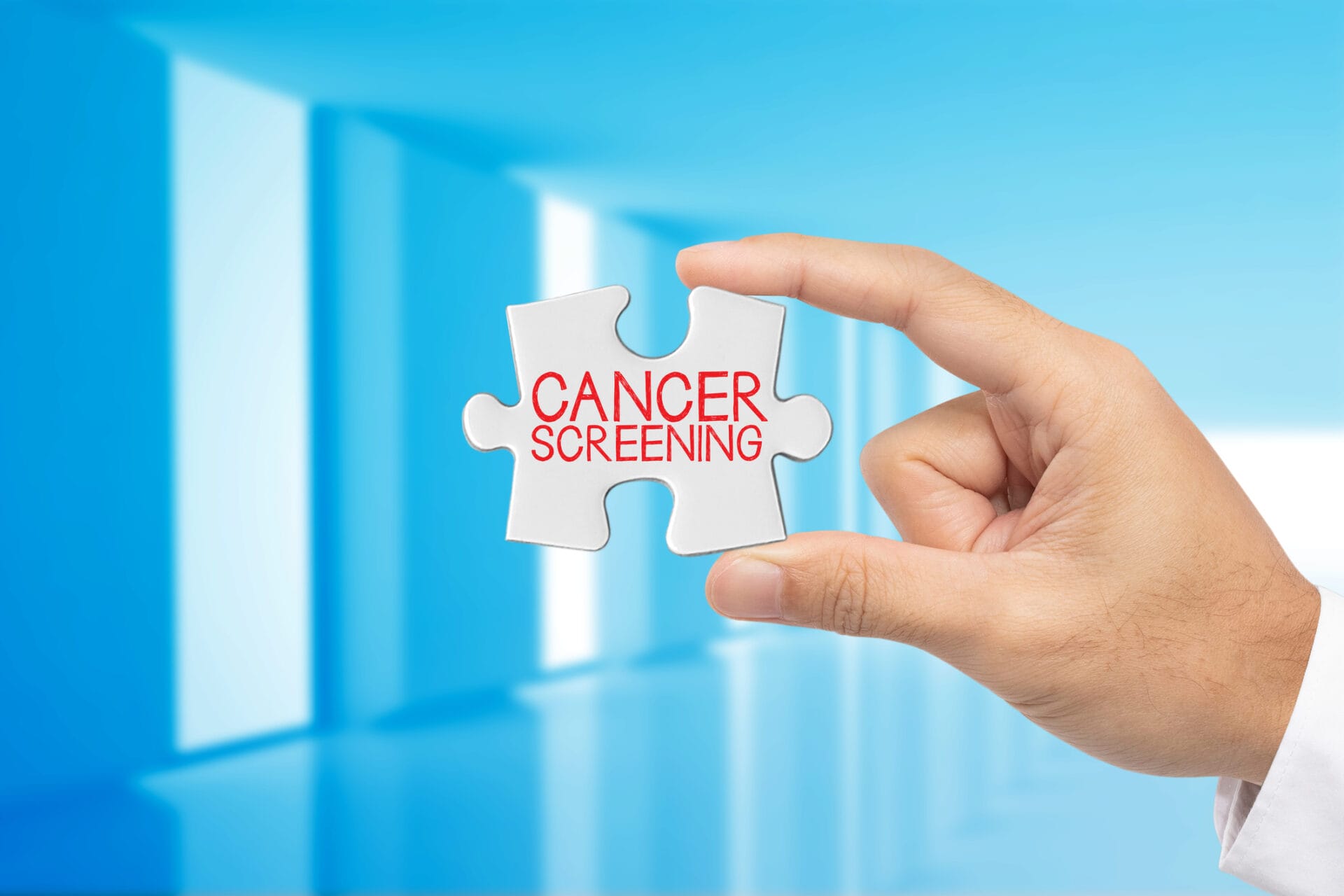Cancer remains one of the most significant health challenges worldwide, but the power of early detection cannot be overstated. With advancements in medical science, the ability to identify cancer early has dramatically improved outcomes for patients.
This blog explores the critical role of cancer screenings in saving lives and why they should be an integral part of your healthcare routine.
Why is Early Cancer Diagnosis Important?
Early cancer diagnosis is a cornerstone in the battle against cancer and is a critical factor that can significantly influence treatment outcomes and survival rates.
The importance of diagnosing cancer at its earliest stages cannot be overstated—it means that treatment can be started sooner, often before cancer has had a chance to spread to other parts of the body.
This early intervention is crucial because it opens up a wider range of treatment options that are typically less invasive, less costly, and more likely to be successful.
Early diagnosis helps to alleviate the significant emotional, physical, and financial strain on patients and their families.
It can transform a potentially life-threatening disease into a manageable condition, reducing the overall burden of cancer on society.
How Can Early Cancer Diagnosis Improve Survival?
The improvement in survival rates following an early cancer diagnosis directly results from timely and effective treatment. When cancer is detected before it spreads, treatments like surgery, radiation, and chemotherapy can be more effective in eliminating the disease.
For many cancers, such as breast, cervical, bowel, and prostate cancer, the survival rates are significantly higher when the disease is caught early.
Early diagnosis also allows for the use of tailored treatments that target the cancer’s specific genetic makeup, which can be more effective and have fewer side effects than standard treatments.
This approach improves survival rates and enhances patients’ quality of life during and after treatment.
Early detection initiatives, such as screening programs for breast, cervical, and bowel cancers, have been shown to not only improve survival rates but also reduce the incidence of these cancers by identifying and treating precancerous conditions before they develop into full-blown cancer.

Types of Cancer Screenings
Cancer screenings are essential tools in the early detection of cancer, offering the best chance for successful treatment. Below, we detail the various some of the screenings available, how they are conducted, and which of our doctors you can expect to see.
Breast Cancer Screening
Breast cancer screening is primarily conducted through mammography, an X-ray technique specifically designed to detect abnormalities in breast tissue or a breast ultrasound. These methods are crucial for identifying breast cancer early, often before any symptoms are noticeable.
Early detection can lead to more effective treatment options, potentially less extensive surgery, and significantly improved survival rates.
Bowel Cancer Screening
Bowel cancer screening is performed using the Faecal Immunochemical Test (FIT), which detects hidden blood in stool samples—a possible sign of cancer. This non-invasive test is a primary tool for catching bowel cancer in its early stages, even before symptoms develop.
Our experienced GPs oversee this screening process, guiding patients through the procedure and ensuring accurate results. Detecting bowel cancer early greatly enhances the likelihood of successful treatment and can prevent the cancer from spreading.
Prostate Cancer Screening
Screening for prostate cancer involves the Prostate-Specific Antigen (PSA) Test, a blood test that measures the level of PSA in the blood, with higher levels possibly indicating cancer. Our GPs specialise in prostate health and are highly skilled at interpreting PSA test results.
They provide personalised care, discussing potential next steps and treatment options. Early detection of prostate cancer through PSA testing allows for a broader range of less invasive treatment options and greatly increases the chances of successful management and cure.
Cervical Cancer Screening
Cervical cancer screening is conducted through the smear test (the Pap test), which involves collecting cells from the cervix to detect any precancerous or cancerous changes.
Our gynaecologists perform this screening with the utmost care and professionalism, ensuring comfort and privacy. Regular cervical screenings effectively prevent most cervical cancers by identifying and treating any abnormal cells early, significantly saving lives.
Alleviating the Impact of Cancer Through Screening
The strategic implementation of regular health checks and cancer screenings is important in alleviating the overall impact of cancer. These screenings serve as a frontline defence, enabling the early detection of cancer when most responsive to treatment.
This early intervention is key to reducing the necessity for more aggressive treatments, which can be physically, emotionally and financially taxing for patients.
By catching cancer in its early stages, we can significantly decrease mortality rates associated with the disease, thereby lightening the cancer burden on individuals and healthcare systems.
Overcoming Obstacles to Screening Participation
While the benefits of cancer screenings are well-documented, there are many reasons why participation is minimal ranging from psychological to misinformation and access challenges.
Educating the public about the non-invasive nature of many screening tests and the profound benefits of early detection can also help mitigate fears and misconceptions, encouraging more individuals to undertake regular screenings.

Conclusion: Emphasising the Imperative of Cancer Screenings
In conclusion, the role of cancer screenings in the early detection and management of cancer cannot be emphasised enough. They are an indispensable component of contemporary healthcare, offering a beacon of hope for early intervention and markedly better survival outcomes.
Ensuring that cancer screenings become an integral part of routine healthcare for all individuals, irrespective of their current health status, is essential.
By creating a culture of prevention and early detection, we can make significant strides in the ongoing battle against cancer, ultimately saving lives and enhancing the quality of life for countless individuals.
Our Health Checks: Including Vital Cancer Screenings
In our commitment to your holistic well-being, MyHealthcare Clinic’s health checks encompass essential cancer screenings as a fundamental part of our service.
Tailored to meet your individual needs, these checks integrate crucial breast, bowel, cervical, and prostate screenings, aligning with best practices for early detection and prevention.
Our team of doctors ensure a seamless and supportive experience, empowering you with knowledge and care tailored to your health journey.
We encourage you to book your annual health check with us and enjoy peace of mind when it comes to your well-being.
Frequently Asked Questions
For more information on cancer screening read our most commonly asked questions:
What is cancer screening?
Cancer screening involves tests and exams to detect cancer before symptoms appear. It aims to find early-stage cancers when they are most treatable.
Who should get screened for cancer?
Screening recommendations vary by type of cancer, age, gender, and risk factors. It’s important to discuss your screening needs with a healthcare provider.
How often should I get screened for cancer?
The frequency of cancer screenings depends on the type of screening, your age, and risk factors. Your healthcare provider can offer personalised advice.
Are there risks associated with cancer screenings?
While screenings are generally safe, some risks or false positives/negatives can occur. Discuss the benefits and risks with your healthcare provider.
Can cancer screenings prevent cancer?
Screenings can detect cancer early but not prevent it. However, some screenings can identify and remove precancerous conditions before they develop into cancer.
